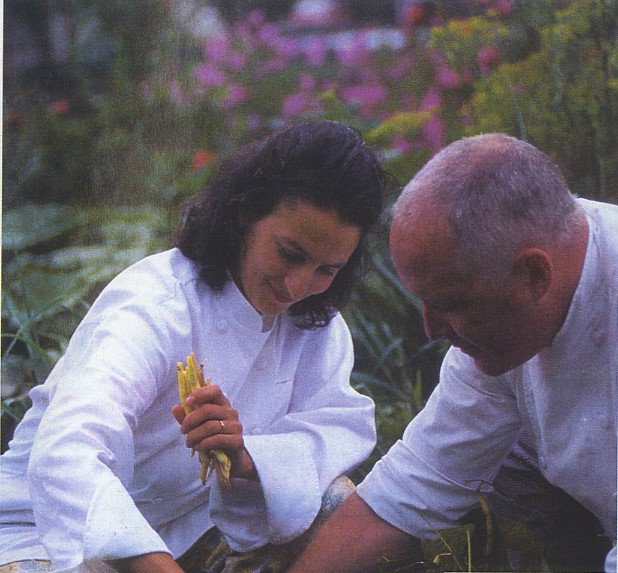Edward Walsh & Tess McDonough
In the world of private estates, teamwork and collaboration are essential for providing seamless service to clients. As a private chef, it is crucial to be a team player and foster positive relationships with other estate staff members. In this blog, we explore the importance of collaboration, highlighting how a chef’s ability to work harmoniously with the estate staff can enhance the overall experience for clients.
1. Smooth Operations and Efficiency:
Collaboration among estate staff members, including private chefs, is vital for maintaining smooth operations. By developing positive working relationships and effective communication channels, tasks can be coordinated seamlessly. This leads to efficient workflow, timely service, and the ability to adapt to changing circumstances.
2. Coordinated Service and Client Satisfaction:
Working as a team allows for a synchronized approach to service delivery. By collaborating with other estate staff, private chefs can align their culinary creations with the overall experience being provided. This ensures that the meals seamlessly complement the ambiance, decor, and preferences of the clients, resulting in enhanced client satisfaction.
3. Enhanced Creativity and Innovation:
Collaboration with other estate staff members opens doors to new ideas, perspectives, and possibilities. By engaging in conversations and brainstorming sessions, private chefs can tap into the creativity and expertise of their colleagues. This collaborative environment fosters innovation, allowing for the creation of unique and memorable culinary experiences.
4. Effective Problem-Solving:
In the fast-paced world of private estates, challenges can arise unexpectedly. By working collaboratively with the estate staff, including housekeepers, butlers, and event planners, private chefs can collectively find solutions to problems that may arise. This teamwork not only resolves issues efficiently but also strengthens the overall bond among the staff.
5. Mutual Support and Growth:
Being a team player means supporting and uplifting fellow estate staff members. By fostering a culture of support, private chefs contribute to a positive work environment. This camaraderie encourages personal and professional growth, as individuals can learn from each other’s experiences and expertise.
6. Open Communication and Respect:
Effective collaboration relies on open and respectful communication among all estate staff members. Private chefs should actively listen to others’ ideas, provide constructive feedback when necessary, and be receptive to suggestions. This ensures that everyone’s contributions are valued and encourages a culture of mutual respect.
7. Leading by Example:
As private chefs often hold leadership positions within the kitchen, they have the opportunity to set an example for others. By being a team player and demonstrating a positive attitude towards collaboration, private chefs inspire other staff members to embrace teamwork and foster a harmonious working environment.
Conclusion:
Being a team player as a private chef is essential for success in the world of private estates. Collaboration with other estate staff members leads to smoother operations, enhanced client satisfaction, and the opportunity for creativity and innovation. By fostering a culture of open communication, respect, and mutual support, private chefs can contribute to a positive work environment and set an example for others. Embracing the power of collaboration ultimately creates a stronger, more cohesive team that can provide exceptional service to clients.


